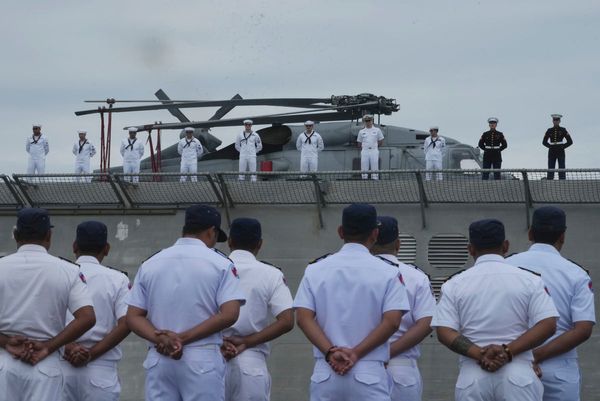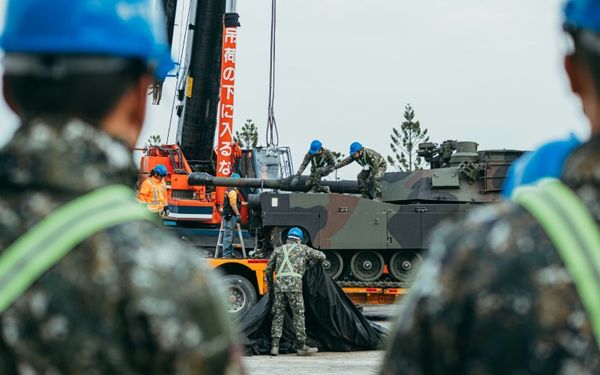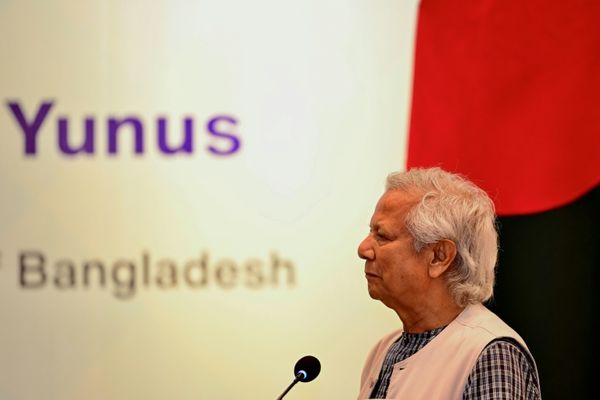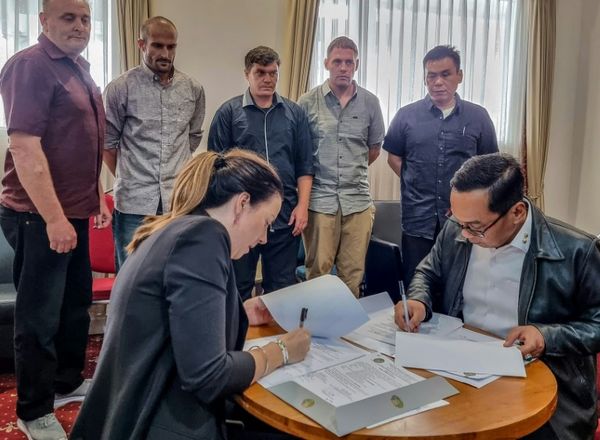
Road accidents have claimed lives of all the 13 Delhi Police personnel who died in the line of duty in the last one year. Shockingly, four of them were deliberately run over by the vehicles, authorities said.
As the police forces across the country commemorated the martyrs on Sunday, the figures highlighted how unsafe the city’s roads were for its policemen serving on its check posts or simply going about their policing duties.
The 13 men were among 414 police personnel killed across the country during a 12-month period from September 1 last year to August 31 this year. Delhi was sixth on the list of the most number of policemen killed in line of duty, while Uttar Pradesh has topped it with 67 such deaths.
The Delhi Police personnel who died include five constables and five assistant sub-inspectors, two head constables and one sub-inspector.
Three of these officers were mowed down by vehicles they had signalled to stop at check posts in the national capital. These included the death of constable Bhoop Singh who was mowed down, allegedly by a Skoda car driver, who he had signalled to stop for checking on the high-security Nelson Mandela Road near south Delhi’s Vasant Kunj. The other three policemen were hit either by speeding trucks or unknown vehicles they had signalled to stop. All the four deaths happened while the policemen were guarding pickets or checking vehicles at night.
Alok Kumar, a former joint commissioner of police, said regulating traffic and catching unruly or drunk motorists, particularly at night hours, pose grave threats to the police.
The Delhi Police said it has taken a slew of steps to save the lives of its personnel. “The threat from unruly motorists is real. We have asked our officers to stay a safe distance from the barricades, in case a motorist decides to mow down the check post in an attempt to escape,” said Madhur Verma, Delhi Police spokesperson.
Since criminals or drunk motorists feel it is easy to get away from one or two officers at a check post, the police have strengthened the number of policemen deployed at pickets.
“We have also been equipping our officers with fluorescent jackets. There have been instances when our officers have been injured because motorists couldn’t spot them at a police picket. For this reason, we also make conscious efforts to set up police pickets on well-lit stretches of roads,” said Verma.
The other nine deaths, however, happened in everyday road accidents that Verma called “unfortunate”. While some officers were killed simply while travelling to their workplace, there were many who lost their lives while travelling on roads during patrolling duty, while serving summons, investigating a crime or pursuing the trails of a suspected criminal.
“Policing does not mean only maintaining law and order. It involves a host of other duties that require them to frequently travel long distances on motorcycles. It leaves them open to high levels of risks,” said Alok Kumar.
But Verma said every effort is made to immediately compensate the families of the dead officers and take measures to rehabilitate their near ones. “If any martyr across the country has studied in a Delhi school, we have begun visiting those institutes to pay our tributes and highlight their sacrifice,” said Verma.
On Sunday, the Delhi Police organised a Commemoration Day Parade in remembrance of its officers killed in the line of duty. Commissioner Amulya Patnaik paid his tributes by reading out the names of all the 13 martyrs.
First Published: Oct 22, 2018 11:47 IST







